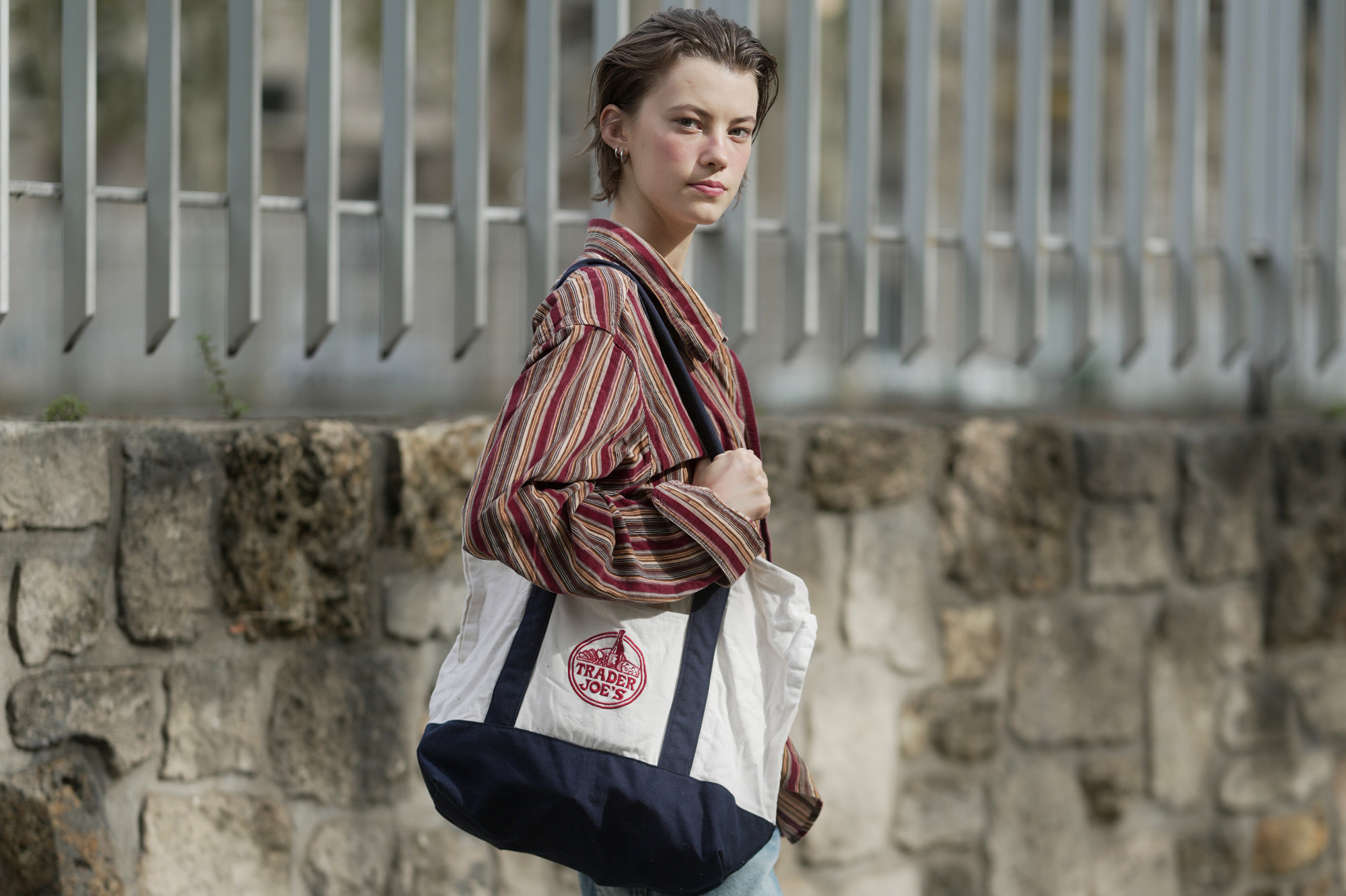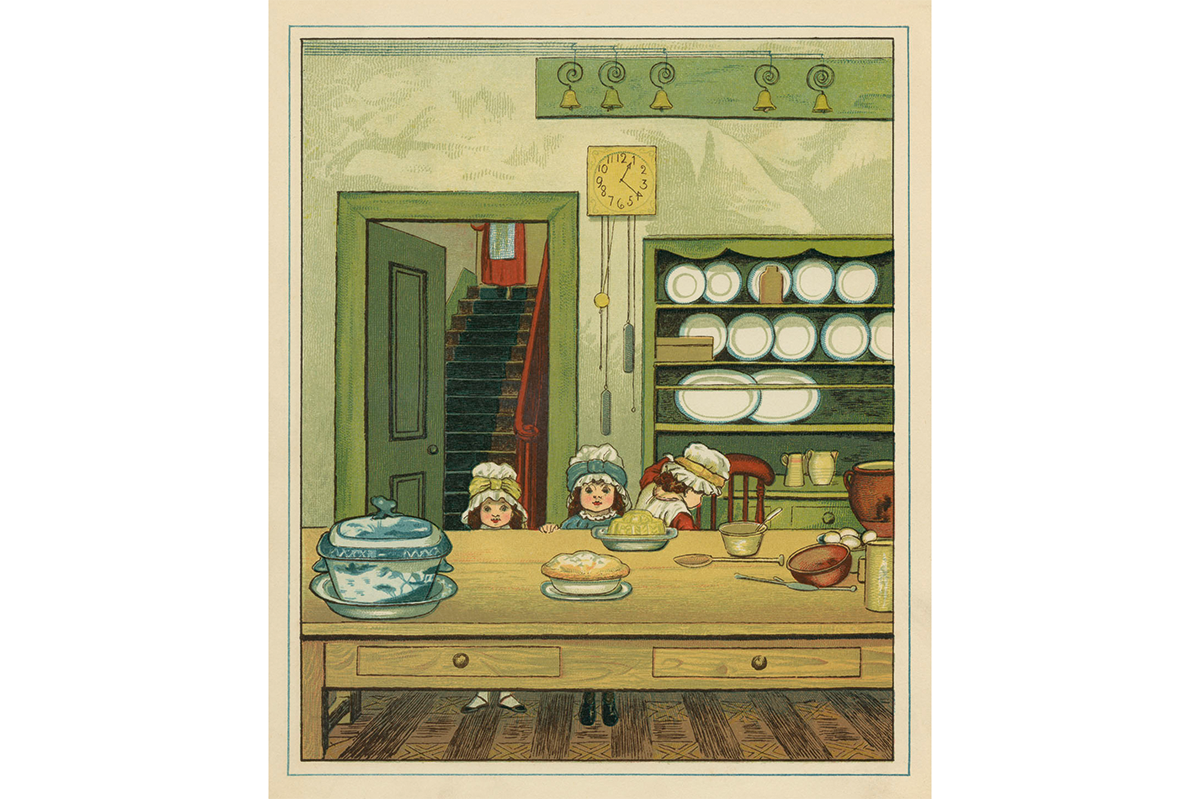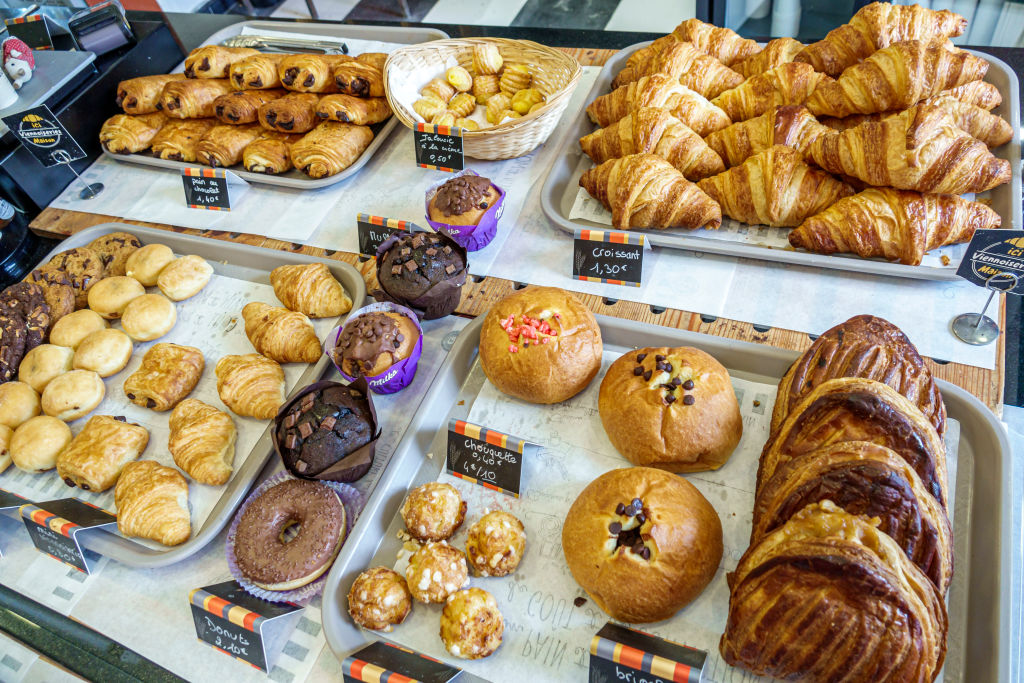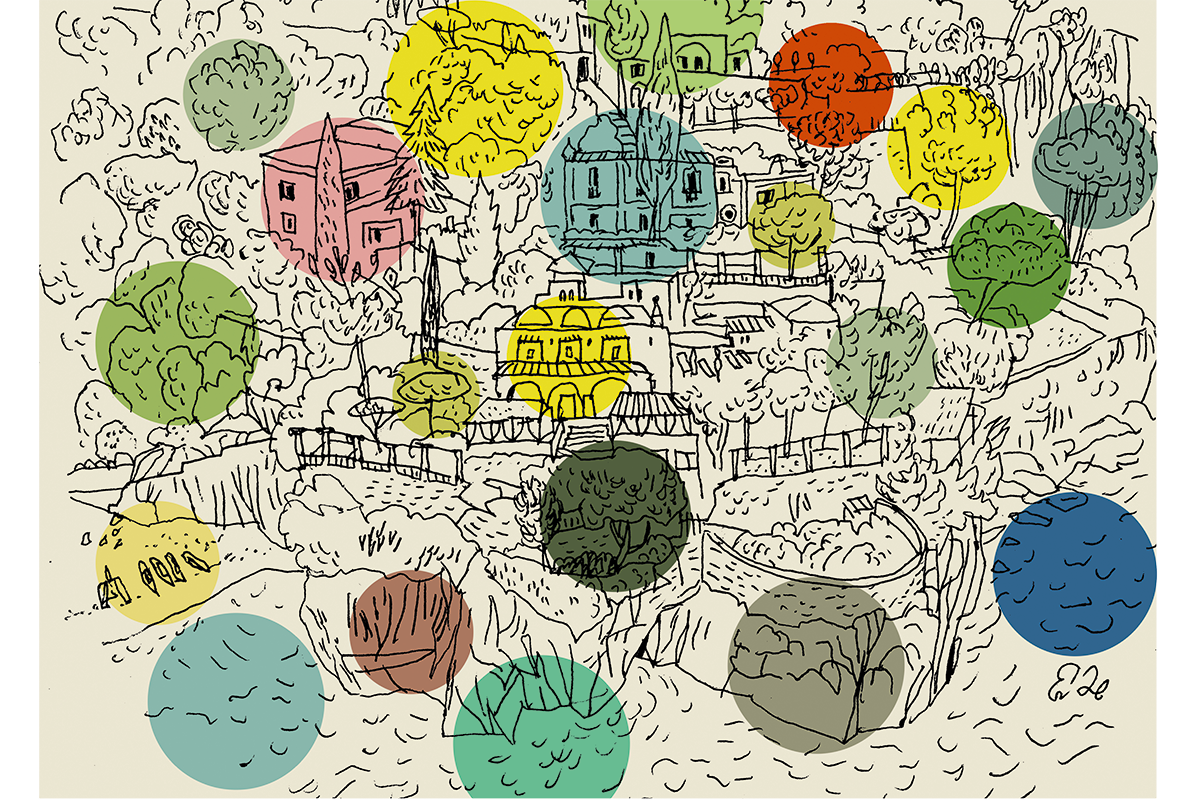Inflation having topped 9 percent this summer, Americans are looking for ways to cut their spending. Rising prices at the grocery store are impossible to avoid, but we can learn to adjust.
There’s no better inspiration than M.F.K. Fisher. Fisher, a food writer who hung around with Julia Child and James Beard during her lifetime, felt the pain of wartime rationing acutely. Her 1942 book How to Cook a Wolf addressed the problem of hunger — “the wolf on the doorstep” — with a few clever recipes and a great deal of philosophy.
Survival of the crisis, she predicted, would require first and foremost an attitude of abundance. Fisher ascribes virtues like honesty, dignity and nobility to simply prepared foods. This pumpernickel is “honorable,” that broth “would shame nobody.” Times may be tough, but to Fisher, cooking is a duty, a vocation and an adventure, requiring grace and wisdom as much as ingredients and recipes.
I tried a few of these honest recipes. I did feel rather noble about the pancake of two eggs and tinned salmon (total cost: $2.49, plus a tablespoon of butter). A spoonful of capers and a crumble of goat cheese from the fridge — and suddenly the economy was luxurious as well as nutritious. I baked two loaves of Fisher’s white bread, its dough enriched with milk and a little sugar, and my mother instantly preferred it to any of the savory sourdough or rye I produced in 2020. I also baked War Cake, a lightly sweetened raisin cake made without eggs or milk, a staple of nursery diets during the world wars. (I imagine the Narnia kids eating War Cake between trips to the wardrobe, which explains the appeal of Turkish Delight.) My nieces and nephew, ages two, three and six, were my twenty-first-century test subjects.
I expected them to demand chocolate chip cookies after one bite, but they were indifferent to it; despite War Cake’s austerity, it seemed to them a pretty reasonable dessert, give or take a few raisins.
Normalcy might become a gold standard during hard times. Times aren’t yet hard enough, though, for me to try Fisher’s more extreme economies. For example, she advises saving leftover vegetable juices, leaves and stems for a nutritious drink, a sort of compost cocktail. I wouldn’t try her buttermilk-and-chopped-shrimp cold soup for all the flour in Ukraine. In the age of the microwave, I found Fisher’s tips about energy conservation excessive: she suggests filling a hot oven to capacity with trays of apples, nuts or stale bread, to get the most out of the oven being on. But Europeans facing shortages this winter may find themselves considering tricks like this.
Regardless of the particular application of Fisher’s techniques, her invitation to become “a fellow philosopher in Operation Wolf” still resonates. Any crisis is manageable with grace, humor and good, honest bread.
This article was originally published in The Spectator’s September 2022 World edition.

























